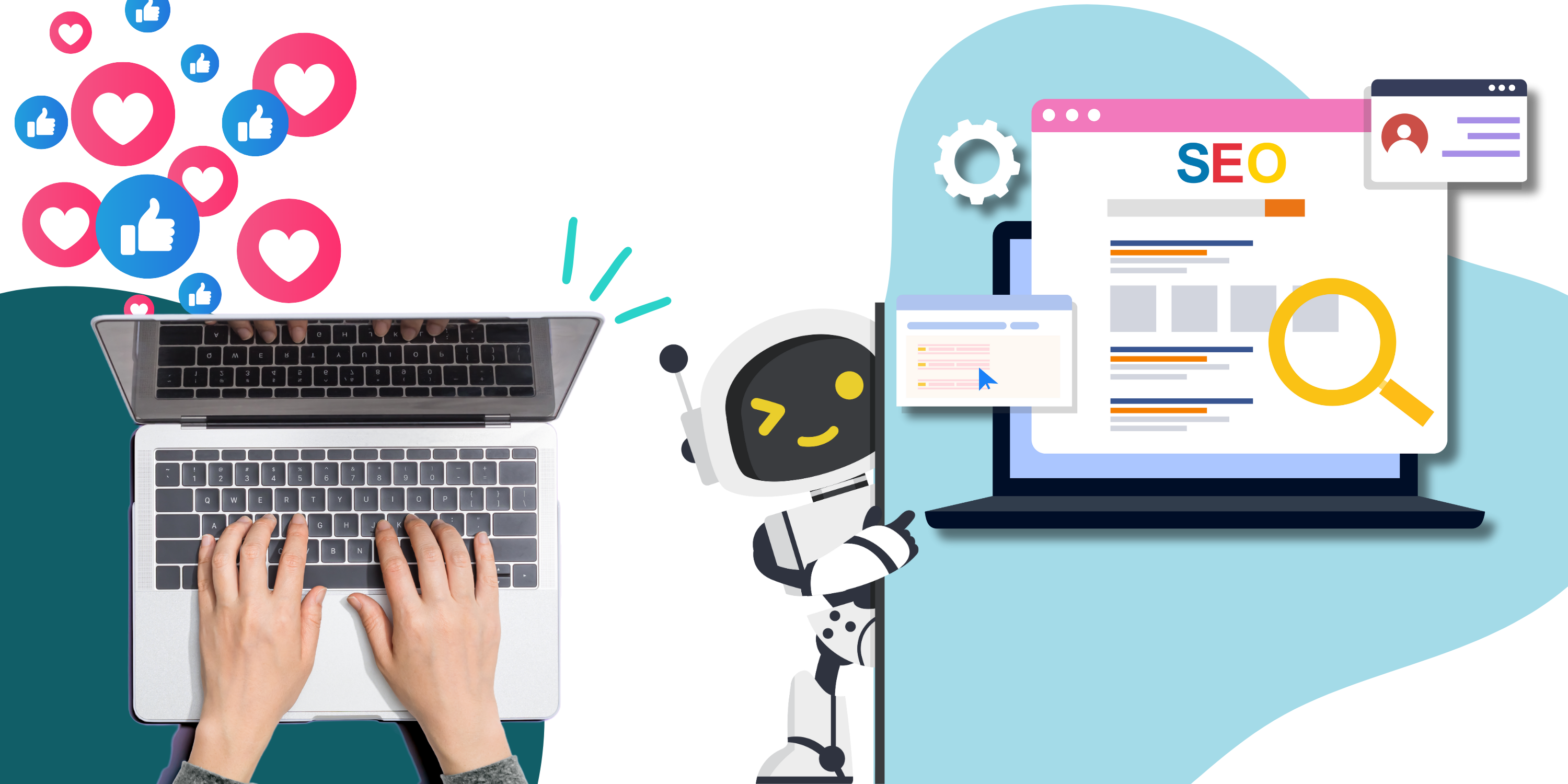AI-Generated Content: Fresh Ideas or Recycled Information?
 Devon Mastromarino
·
2 minute read
Devon Mastromarino
·
2 minute read
The use of AI for content creation has increased exponentially and with that concerns are rising about the potential regurgitation of existing content rather than the production of new, unique ideas. Platforms like Reddit, which thrives on user-generated content, have become prime targets for AI models to scrape information.
What is the downfall to this? Some consequences are comical - of course there are quite a few pot-stirrers on Reddit and TikTok who are leaving sarcastic answers in an effort to confuse the AI (or possibly just for their own entertainment).
You’ve probably seen the very public example when AI provided a suggestion to add non-toxic glue to your pizza sauce to keep the cheese from sliding off.
But in addition to a few funny responses, a more serious question is also being posed: How can we determine what content is legitimate and what might be untrue? As AI continuously learns from Internet responses, how do we ensure the accuracy of its knowledge?
The Pros - AI as a Content Savior:
- Efficiency: AI-generated content offers the advantage of unparalleled speed and efficiency. It can process vast amounts of data and produce relevant content at lightning speed, saving time and resources for content creators.
- Scalability: With AI, scalability is no longer a problem. It can generate large volumes of content without compromising quality, making it suitable for content-intensive industries.
- Consistency: AI's ability to pull information from vast databases ensures consistency in content production. It helps maintain a unified tone, style, and messaging, fortifying brand identity.
The Cons - The Regurgitation Quandary:
- Lack of Originality: A common concern with AI-generated content is the risk of rehashing existing material. Without careful curation and human input, there is a possibility of the same ideas being replicated, leading to a dearth of fresh perspectives.
- Limited Contextual Understanding: While AI can mimic human language and structure, it may struggle to grasp the nuances and context of certain topics. This can result in superficial and inaccurate content, especially in specialized or nuanced fields.
- Quality Control: Relying solely on AI-generated content raises concerns about quality control. Human intuition and creativity play vital roles in producing content that is engaging, insightful, and speaks to the target audience.
The Trust Factor:
- Judging Legitimacy: With the vast amount of content available online, determining what is legitimate and what is not can be challenging. Engaging critical thinking, fact-checking, and verifying multiple sources are essential practices for discerning truth from falsehoods.
- Human Filters and Expertise: Reddit and other platforms serve as forums for people to exchange opinions, ideas, and expertise. While users can be strangers, the community often acts as filters, highlighting valuable contributions and dismissing unreliable sources. AI, in contrast, lacks the ability to possess genuine human expertise and discernment.
- Transparency and Accountability: To trust AI-generated content, transparency is crucial. Understanding the data sources, algorithms employed, and potential biases are vital factors in determining the accuracy and reliability of AI-generated information.
AI-generated content presents exciting opportunities and challenges. While AI's speed, efficiency, and consistency are definite advantages, the risk of regurgitating existing content looms large. Determining the legitimacy of content and trusting online information requires individuals to adopt critical thinking skills and verify multiple sources. While AI can learn from the vastness of the Internet, there is a distinct advantage to trusting the expertise and opinions of genuine community members. Striking the right balance between AI and human creativity is paramount as we navigate the future of content creation.


